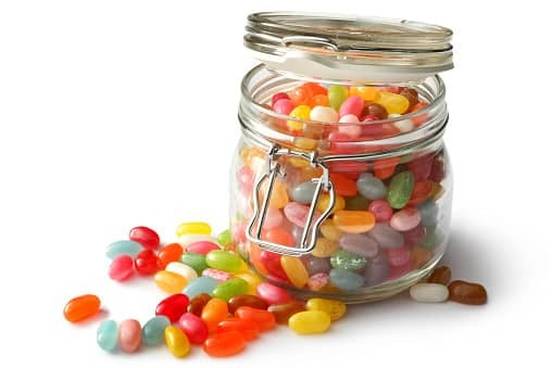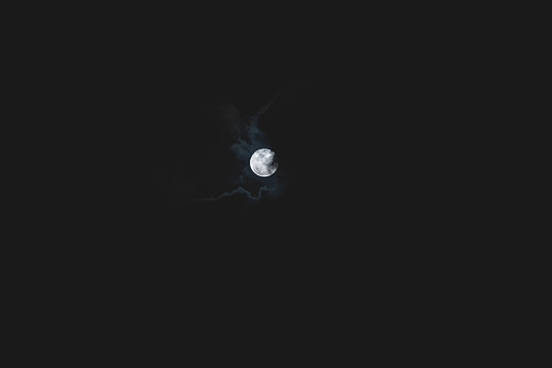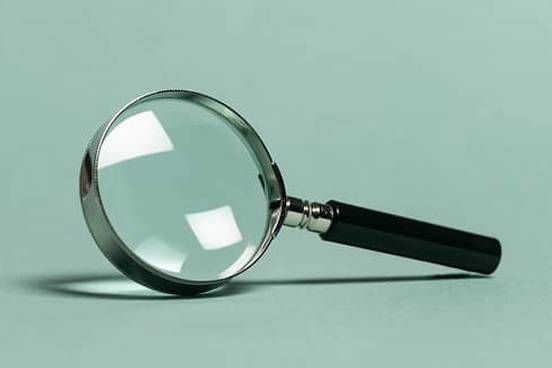
Guesstimate
Definition - an estimate usually made without adequate information
Guesstimate came into use in the beginning of the 20th century. The word is, rather obviously, a blend of guess and estimate. Some people look askance at blends, a class of word that has given us oft-disparaged words such as bridezilla and frenemy. However, the category of blends is also responsible for words such as anonymuncule (“an insignificant anonymous writer”) and futilitarian (“one who engages in futile pursuits”), so they are deserving of some respect.
”All the same,” declares the Troy (N.Y.) Times, “the census estimate is undoubtedly more reliable than Chicago guesswork.” Out here it is considered merely a census guesstimate.
— Chicago Tribune, 15 Apr. 1904

Guesswork
Definition - work performed or results obtained by guess
Guesswork is the older sibling of guesstimate; a blend involving guess, but one that has been in use since the 17th century. The words differ in that guesstimate may function as either verb or noun, while guesswork is only a noun.
I am not for guess-Work, but for doing Business with Exactness.
— John Briscoe, An explanatory dialogue of a late treatise, 1694

Shot in the Dark
Definition - a wild guess
A shot in the dark may refer to a literal shot (as of an arrow from a bow) that is launched in the dark, or may be used in a small number of figurative senses. In addition to the “wild guess” meaning shot in the dark may be used of an attempt that has little chance of success.
I guessed. “Are you a professional baseball player?” It was a shot in the dark. I meant it to be in the dark. He certainly looked as English as they make them.
— The Manchester Guardian (Manchester, Eng.), 1 May 1914

Conjecture
Definition - a conclusion deduced by surmise or guesswork
Conjecture comes in part from the Latin jacere (meaning “to throw”), a root it shares with a number of other English words (including interject and reject). When conjecture entered English in the 14th century, it referred to the act of interpreting signs or omens (as for making prognostications). The speculative sense of conjecture that is common today came into use in the 16th century.
That this is purely arbitrary, and mere Conjecture, and has no plain Proof to support it; and for ought I know the onely Ground of it was to answer the Difficulties of this Story in Josephus, and I would refer it to any unprejudiced Man, which is most reasonable.
— An answer to A letter to Dr. Sherlock, 1692

Surmise
Definition - to form a notion of from scanty evidence
In addition to the definition provided above (as a verb), surmise may also function as a noun, with the meaning of “a thought or idea based on scanty evidence.” Surmise may be used in much the same way as conjecture, although it usually strongly implies the flimsiness of the evidence.
And therfore they purposely (for, ignorance can not be pretended in them) kepte backe & suppressed in the said Letters Patentes this pretensed limitation surmised to be made for the children of the said Lady Francis.
— John Leslie, _A treatise towching the right title, and interest of the most excellent Princess Marie, Queene of Scotland…, 1584

Reckon
Definition - estimate, compute
Reckon is a word that demonstrates the elasticity of our language, and the subtlety which the language itself, and the people who use it, are capable of. It is a word that has been in use since Old English, with a variety of meanings, and exists today in a broad range of dialectal uses. It is testament to the fact that words may have a seemingly dizzying range of near-synonymous meanings, and through the use of context and our inherent knowledge of register we manage to effortlessly distinguish between them. A partial list of definitions of reckon includes “suppose, think,” “to evaluate the character or worth of,” “to include as part of a total or classification,” “to regard or think of as,” “count,” and “compute.”
I reckon there must be at least three barrels of pure silver in that place at this moment, for the company has never found it; I know that.
— Detroit Free Press, 23 Jul. 1893





